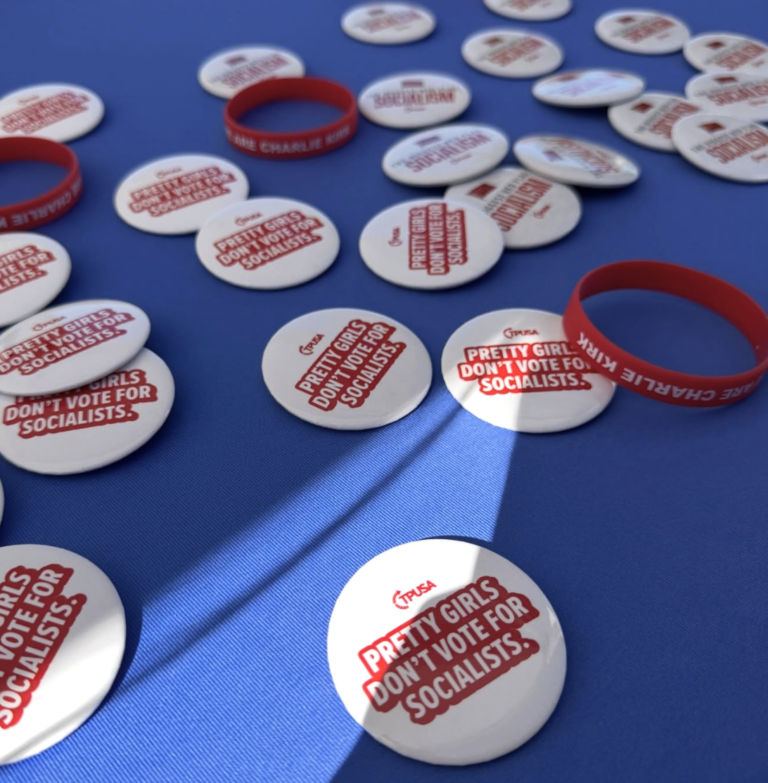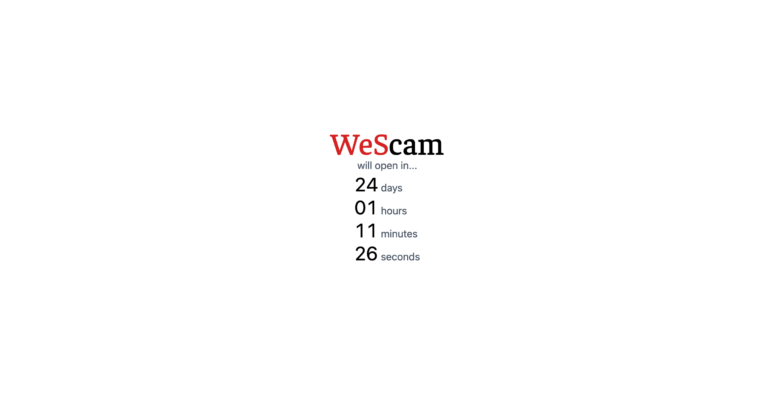Think outside the box, the dick
Dear Mytheos,
I read your column with great interest. I’m glad that someone voiced his concerns about BiLeGaTA, because I think there are others in the Wesleyan community that may share your doubts. However, the sarcastic tone of your column could be interpreted as disrespectful and hurtful. Also, I would like to challenge some of your statements.
I would summarize your argument as follows: 1) BiLeGaTA enforces a certain politic on all students. Politics are subjective and so it is not right that Wesleyan endorses one political view as ethically right. 2) It’s not fair that we focus on issues of gender instead of all social justice issues. I would like to dispute the first argument.
You state, “During the presentation, members of groups such as the trans/gender group instruct students about the proper use of the pronoun ’ze,’ attempt to counteract what they perceive as misguided beliefs about the ’gender binary’ and hand out sheets of ’queer’ definitions. Among these definitions, one discovers that gender, far from being synonymous with sex, is actually a ’social construct.’” The phrase “what they perceive as misguided beliefs” implies that you personally do not see the gender binary as a misguided belief. Also, I detect sarcasm in the statement “one discovers that gender, far from being synonymous with sex, is actually a ’social construct.’” The quotation marks around the phrase social construct, as well as the exaggerated phrase “far from,” implies to me that you anticipate your readers will find ludicrous the sharp distinction between gender and sex that BiLeGaTA proposes.
I would like to argue that presenting a sharp distinction between gender and sex is a legitimate and ethically correct thing for the school to do. In order to define the difference, we should first define gender and sex separately. Sex can refer to several different things. Chromosomes (XX or XY), gonads (ovaries or testicles), and internal and external genitalia (vagina, penis, etc.), are three of the most common ways to determine sex. These methods do not always lead to clear-cut answers. For example, XY individuals with Androgen Insensitivity Disorder have female external genitalia, as well as female secondary sex characteristics such as female-pattern body hair and breasts. Also, 1 out of every 1,000 babies is born with “ambiguous genitalia.” A more common, and perhaps more subtle, variance from standard, binary biological sex is a condition that may affect up to 10% of women, PCOS. In this syndrome, women produce abnormally high levels of male hormones, which can lead to male pattern hair growth and male pattern fat distribution. In conclusion, even biological sex is not always concrete and binary.
Gender is more difficult to define than sex. I see it as a system of classification that limits and defines our daily lives. One’s gender defines one’s role in society, one’s role in regards to raising a child and doing housework, or providing monetarily for one’s family, for example. Gender dictates for whom it is socially acceptable to wear a dress and makeup, have sex with a woman, or express anger. The people around us determine our gender based on their best guess as to what kind of genitals we have. Once they have determined our gender, they have most likely made a great many assumptions about who we are, what we are capable of, and what we will become. I think the purpose of BiLeGaTA is to introduce the notion that challenging the impositions of gender may be beneficial to all of us, regardless of how closely we identify with the gender we have been assigned. Our genitals, or our chromosomes, or our gonads, do not fully determine to what we aspire, how we view ourselves, or how we feel.







Leave a Reply